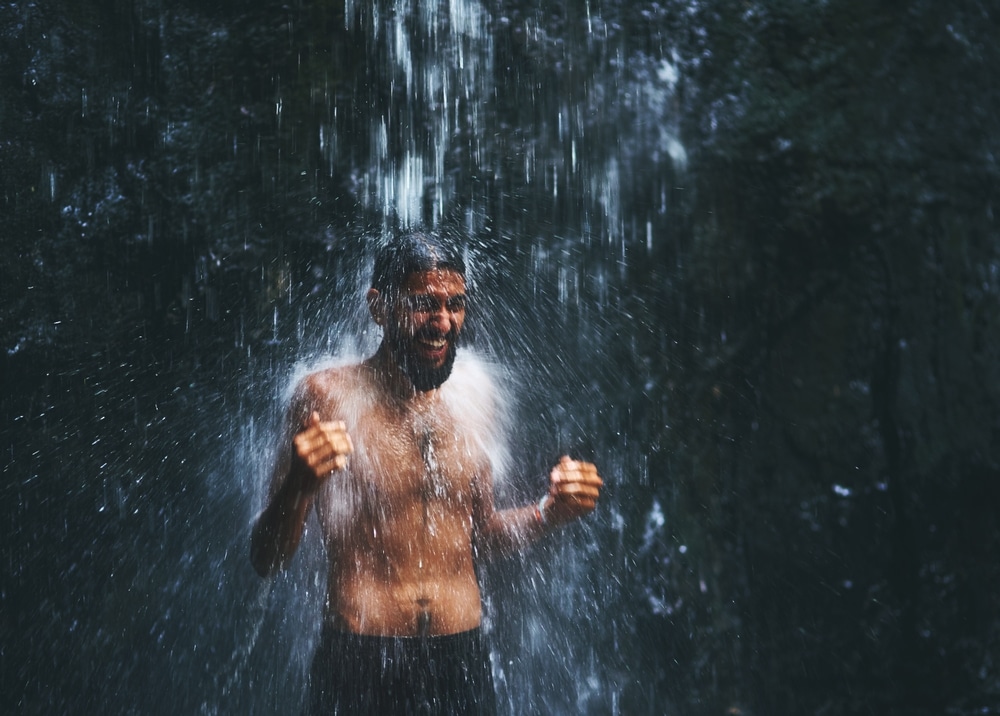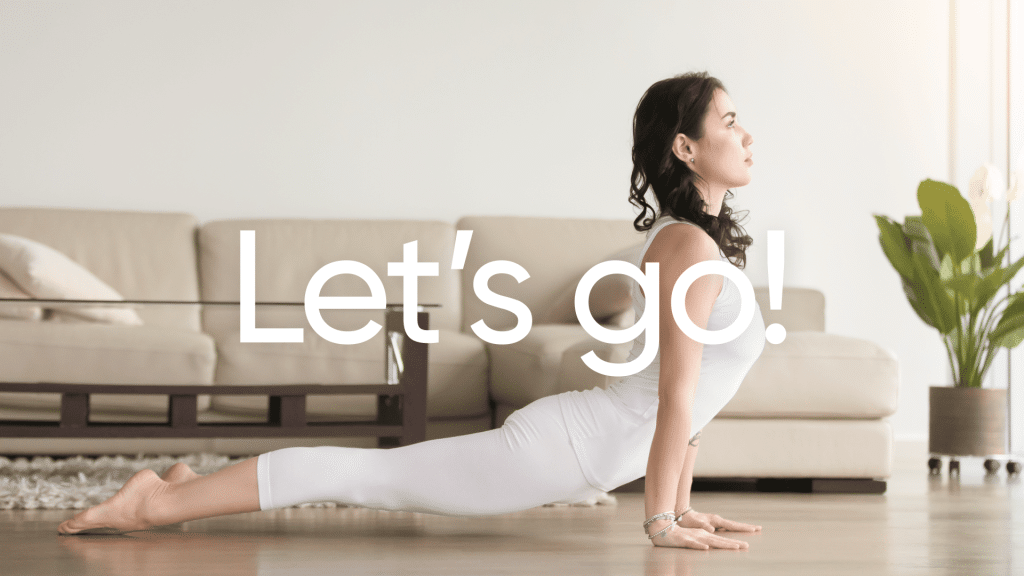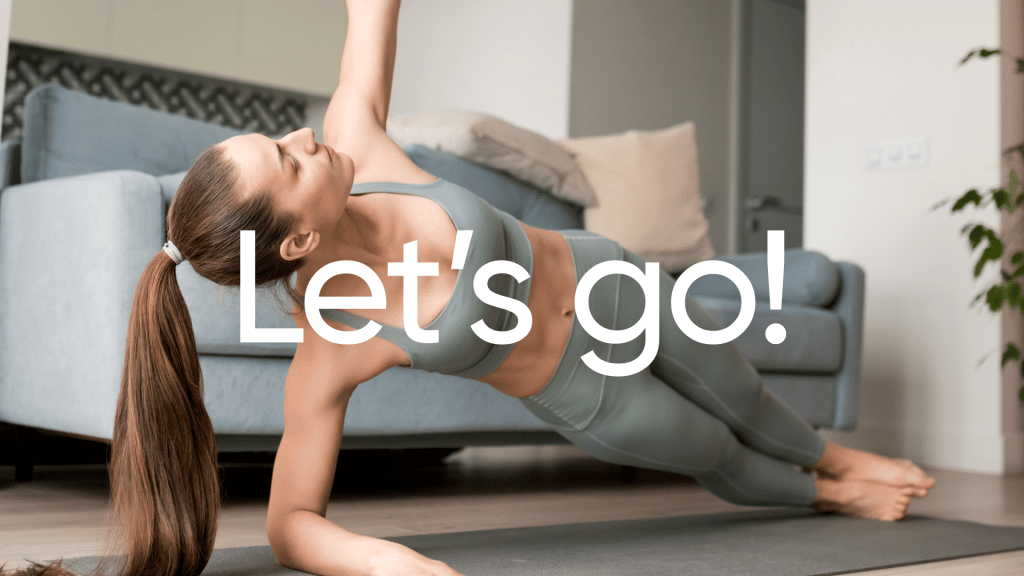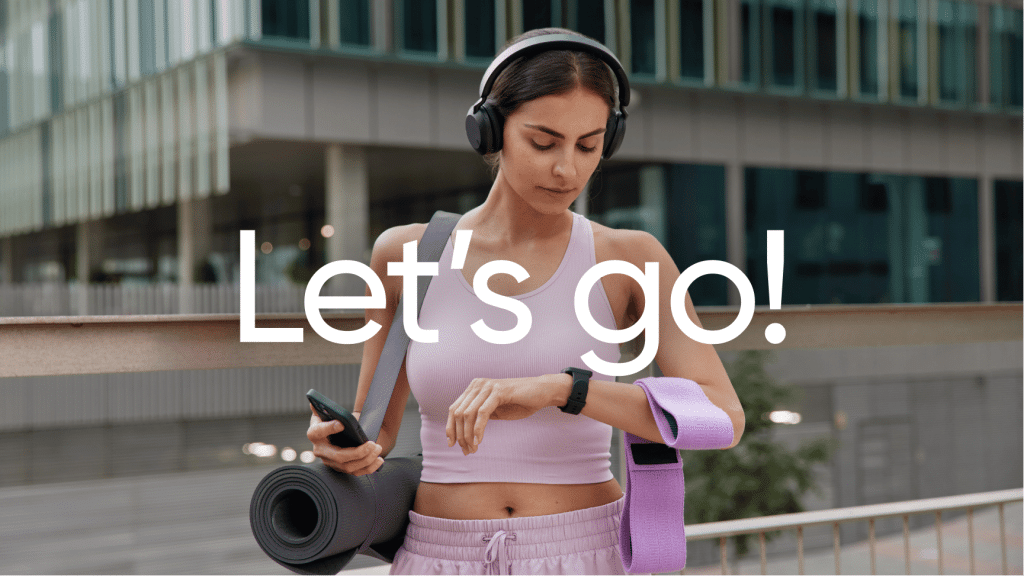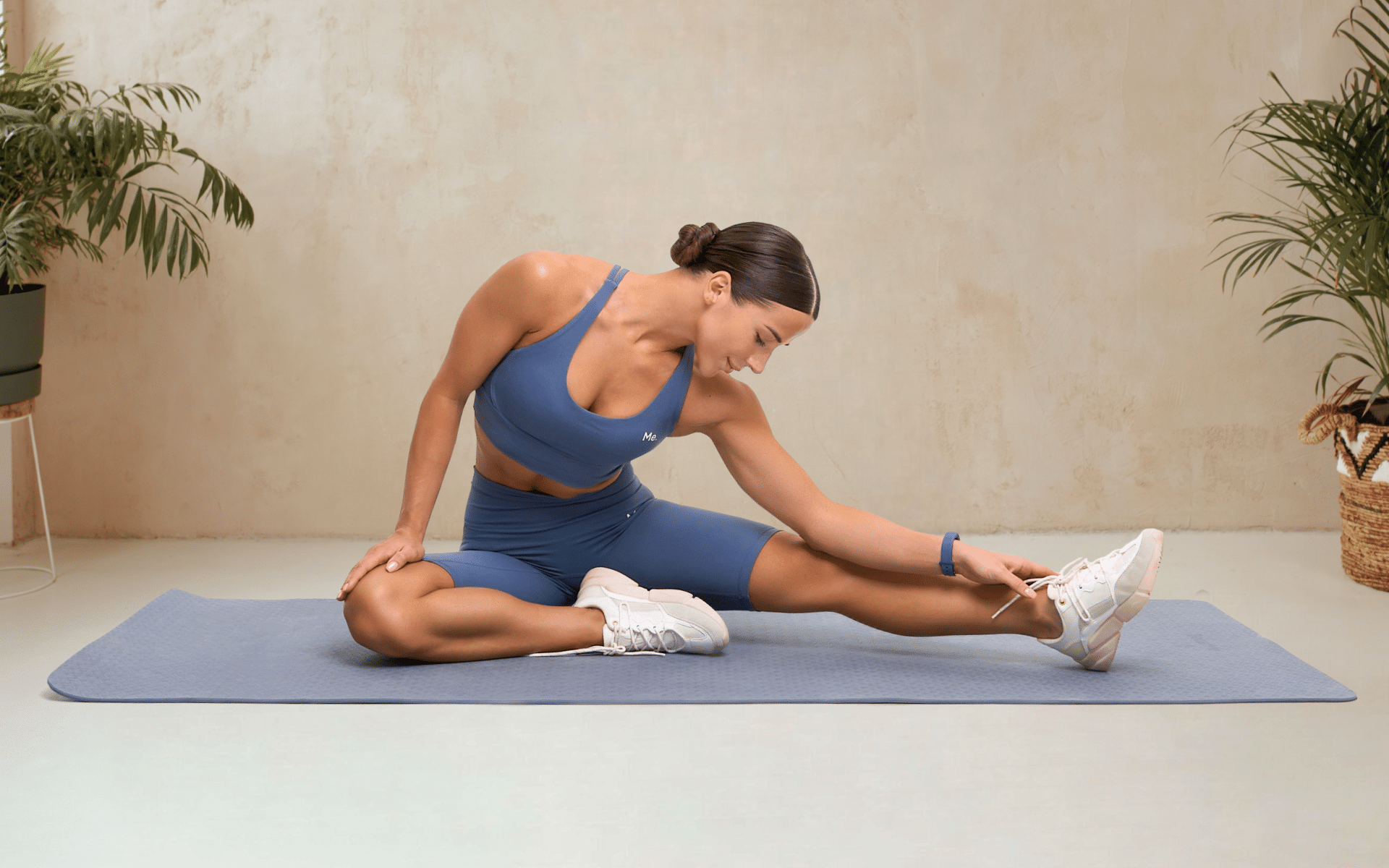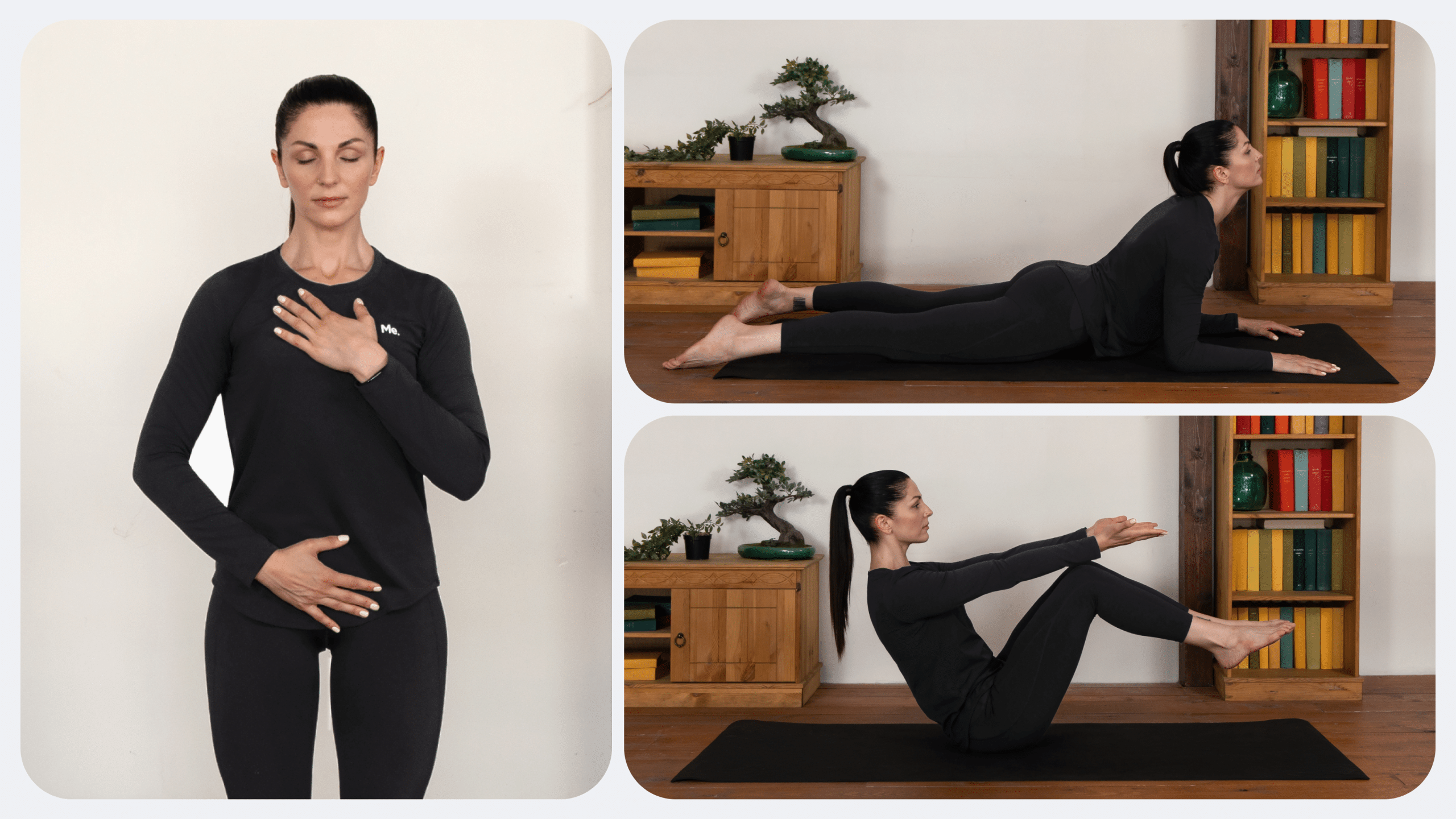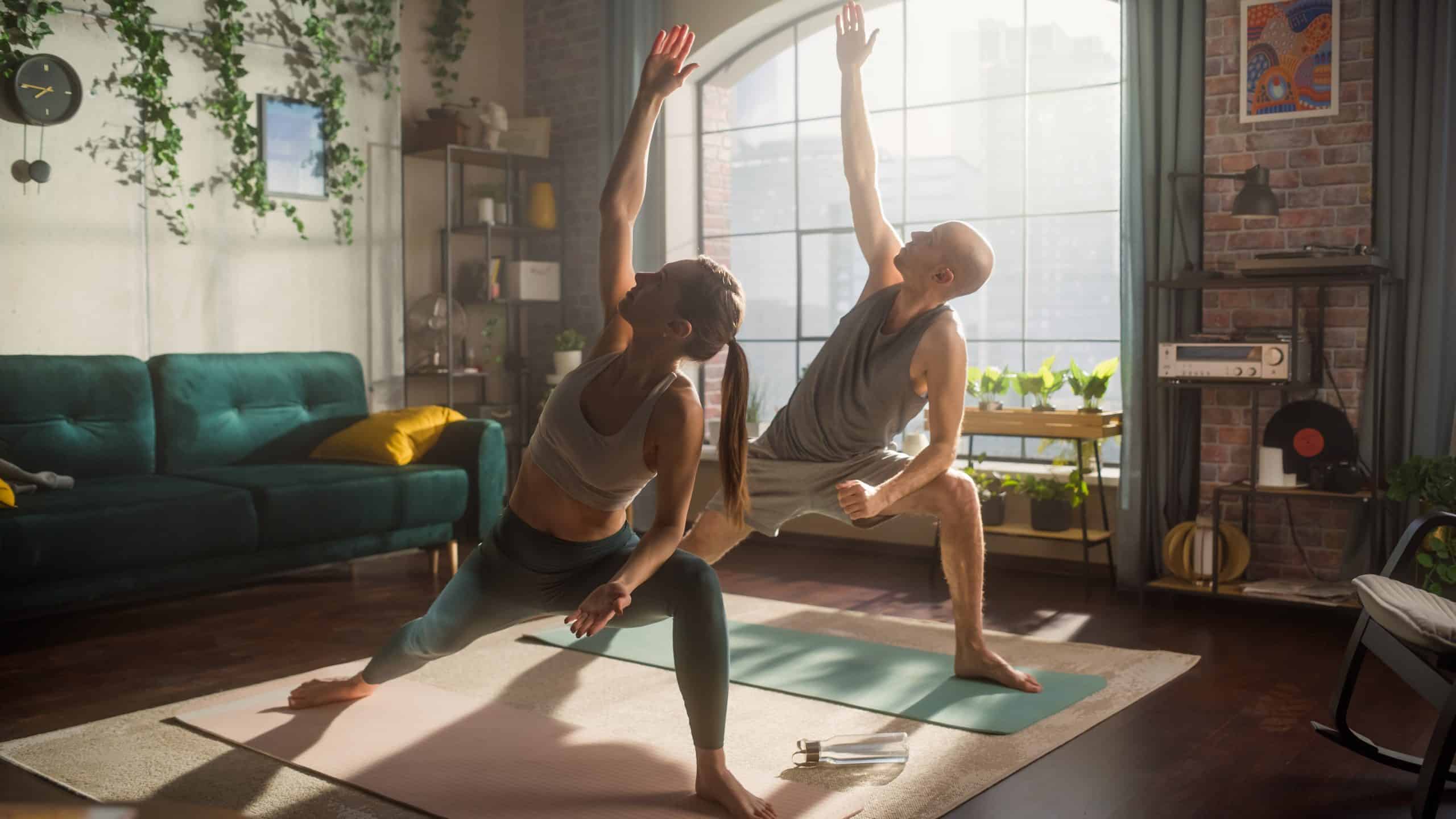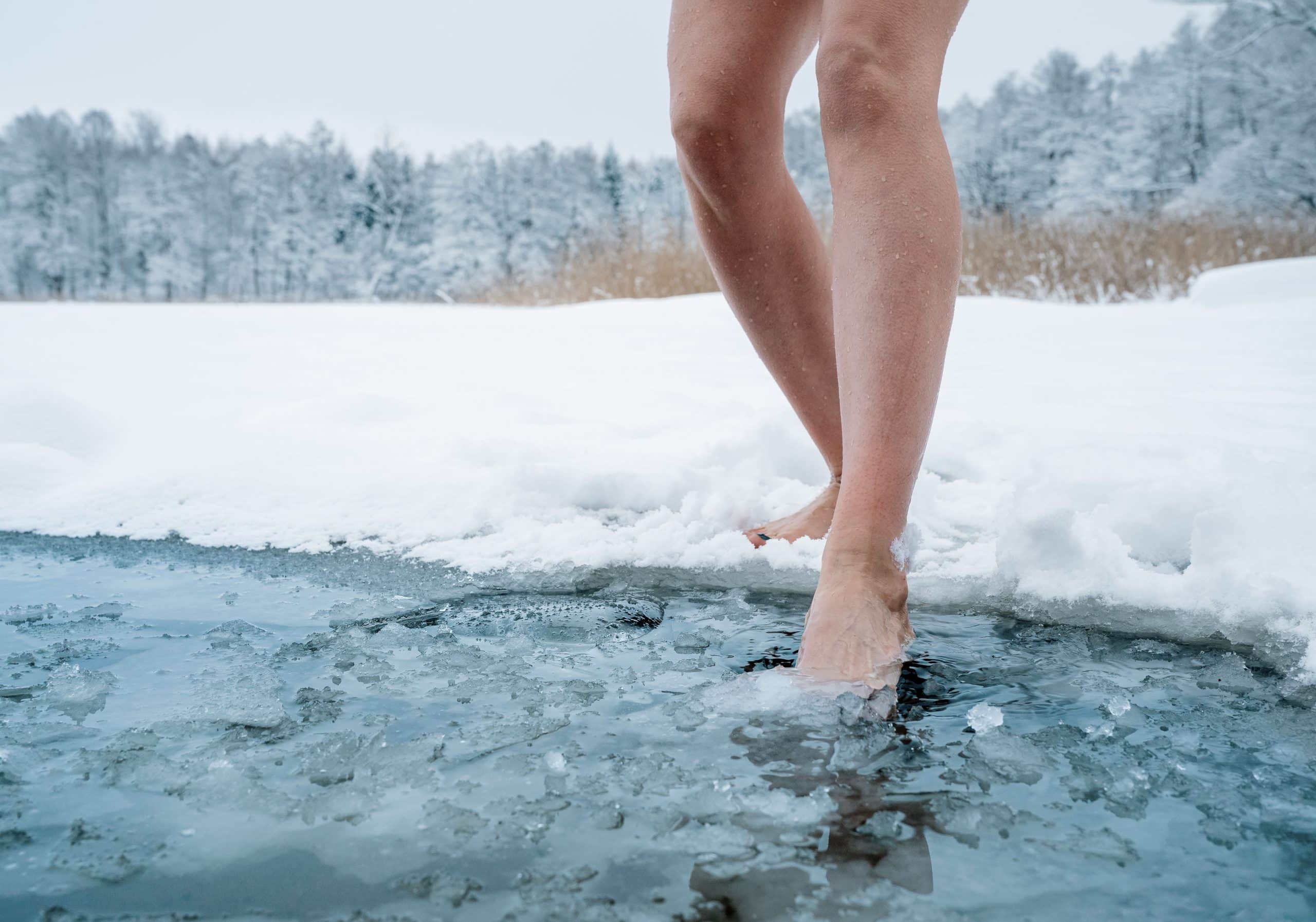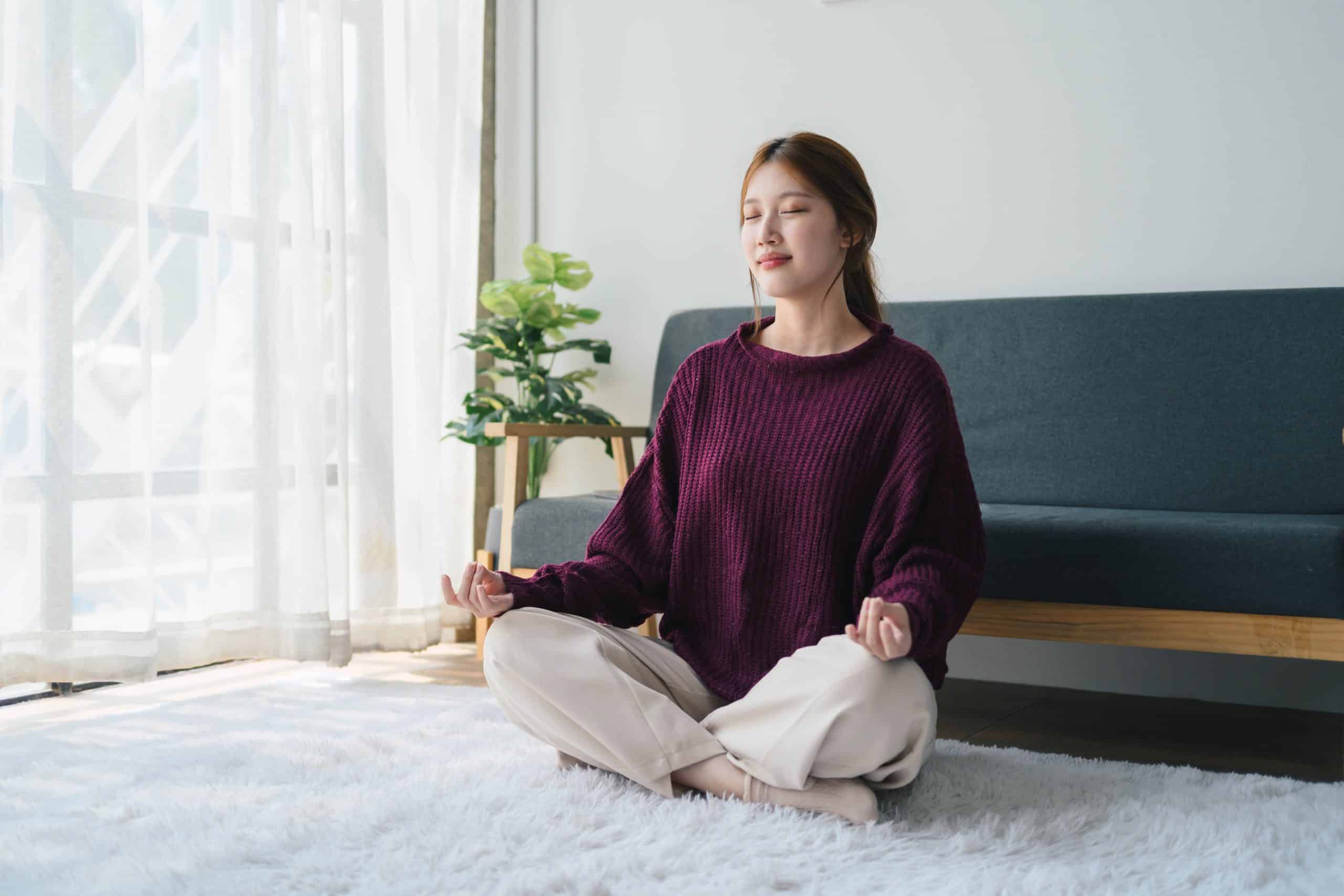If you’ve seen athletes immerse themselves in a cold plunge pool after an intense workout, you may be wondering what a cold shower could do for your body. It turns out that there are some potential benefits to taking a cold shower after exercise, but the research is still inconclusive. The popularity of cold showers after exercise is somewhat influenced by Cold Water Immersion (CWI), a technique used by athletes and fitness enthusiasts that involves immersing their body in cold water after exercise. Studies have suggested that CWI may help reduce inflammation, muscle soreness, and fatigue—all of which are beneficial post-exercise (18). That said, there is a lack of research specifically examining the effects of cold showers on recovery after exercise. Read on to find out what the current science says about the potential benefits of taking a cold shower after exercise, whether or not hot water is a preferable option, and how to make sure you’re taking a safe shower.
What Does A Cold Shower Do After A Workout?
There are a couple of reported benefits of taking a cold shower after a workout.
These include reducing inflammation, relieving soreness and helping with recovery . Many fitness gurus believe that cold water can help reduce the inflammation caused by strenuous activity, allowing the body to repair itself more quickly and effectively (17).
They assert that cold showers stimulate circulation and can help relieve muscle soreness post-workout (2).
A close look at the science behind taking a cold shower after a workout is not as clear-cut. Here’s what we know so far:
1. Cold Showers Can Reduce Cardiac Stress
In a 2019 study, participants cycled in hot weather and then took cold showers to cool down. Researchers found that the cold showers significantly reduced their cardiac stress, lowering the participants’ heart rates and reducing the amount of time it took for them to return to a resting state (8).
How important is this for post-workout recovery? Not very. After exercise, your heart rate will return to normal over time without any intervention. A cool-down routine that involves light movement and stretching is likely to be as or more effective than taking a cold shower.
Such a routine offers additional benefits; it helps to reduce lactic acid build-up and can lead to improved flexibility (20).
But since working out in hot weather can be uncomfortable, and a cold shower may be a more appealing option, it may be worth giving cold showers a try.
Read More: Debunking The Myth: Do Cold Showers Really Burn Fat?
2. Cold Showers Can Trigger The Sympathetic Nervous System
The sympathetic nervous system is responsible for the body’s fight-or-flight response. It activates when the body is under duress, and can be triggered by sudden exposure to cold water. This response can lead to increased alertness and improved focus (14).
Proponents of cold showers after exercise suggest that triggering the sympathetic nervous system may help promote recovery and prevent fatigue (15). In a way, this is true. Think of it like this: if you have a stressful day ahead, you might take a cold shower to wake up and feel more alert.
The same principle could be applied to post-workout recovery.
But the science is still inconclusive, and there are a few things to consider before you decide to make cold showers part of your post-exercise routine.
Firstly, what time of day are you exercising? Assuming you exercise in the morning, it’s likely that you want to feel alert and focused for the day ahead. In that case, a cold shower would be beneficial.
However, if you exercise in the evening, it’s best to stay away from cold showers before bed; they may make it harder to fall asleep.
Secondly, consider how intense your workout was and how much stress you are putting on your body. If you are doing high-intensity interval training (HIIT) or other intense workouts, the stress on your body can be significant.
Cold showers are not recommended in this situation; they may just add more stress to an already taxed system.
3. Cold Showers Can Give You A Mental Boost
There’s a psychological element to cold showers, too. It has plenty to do with the mental fortitude required to stand under a cold stream of water. For some, it’s a challenge they want to take on. And once successful, it can be a confidence booster.
Whether or not this mental boost translates to physical performance is still unclear, but it may be worth considering. Getting accustomed to discomfort and pushing through challenging situations, such as a cold shower after exercise, will help you build mental resilience (1).
4. Cold Showers May Have A Placebo Effect
The placebo effect refers to medicinal benefits that are achieved by taking a medication due to the belief that it will have an effect, not because of any actual medicinal properties (19). It doesn’t only apply to medicine; it can extend to other activities, too.
If you’re feeling sluggish after a workout but are convinced that taking a cold shower will help, you may feel better just because you believe it will.
Similarly, if you believe that cold showers after exercise will improve your post-workout recovery, then you may be more likely to experience the benefits.
Note that the placebo effect doesn’t imply an imaginary benefit; it’s just that any real benefits may be enhanced by your belief in them. The mind is a powerful tool, and if you believe in the power of cold showers, the placebo effect can be a legitimate factor.
Intense sweat sessions, working weight loss tips, lip-smacking recipes come in one package with the BetterMe app. And all of it is at your fingertips, start transforming your life now!
5. Cold Showers May Trigger Catabolic Hormones
One of the most convincing claims made by those in support of taking cold showers after a workout is that these showers boost testosterone (7). This is good news for those lifting weights for a toned physique.
Testosterone is an anabolic hormone, meaning it helps build muscle and burn fat.
But there is a counterargument that suggests cold showers can actually reduce testosterone levels. Temperature shock can trigger the production of catabolic hormones, such as cortisol and norepinephrine (aka adrenaline) (16).
These hormones work in opposition to testosterone, meaning they can break down muscle and other tissues. The result? Muscle stress and longer recovery times.
6. Cold Showers May Not Speed Up Post-Exercise Recovery
Delayed-onset muscle soreness (DOMS) is a common effect of exercise, and a study analyzing the effects of Cold Water Immersion (CWI) on DOMS found that they are indeed an effective remedy to lessen the effects of DOMS.
That’s because they reduce inflammation, swelling and pain (5).
But here’s the thing—CWI is not the same as taking a cold shower. The former involves exposing your entire body to a uniform temperature of around 10-15°C (50-59°F) for at least 15 minutes (9).
In contrast, a cold shower is more like exposing some parts (as they’re hit by the showerhead) to cold temperatures. The effect isn’t uniformly distributed and can’t be compared.
Furthermore, there aren’t any studies done specifically on the effect of cold showers on post-exercise recovery. We can’t really say for sure whether cold showers speed up post-exercise recovery or not. It’s still possible that they could, but more research is needed to confirm this.
7. Cold Showers Aren’t An Effective Weight Loss Aid
Weight loss is an area that attracts a lot of myths, and cold showers are no exception. Proponents say that cold showers force your body to burn brown fat to keep you warm.
Since studies have shown that your metabolic rate can increase when brown fat activation occurs, it makes sense that weight loss should be possible.
Unfortunately, the reality is a bit more complex. While it’s true that taking a cold shower can boost metabolism, the effect is short-lived and probably too insignificant to result in any meaningful weight loss.
The studies cited in support of this theory involve one to two hours of exposure to extremely cold temperatures, while showers are usually just a few minutes long and don’t really get that cold. If you were hoping to lose weight with the help of cold showers, you may want to look for other methods.
Read More: Contrast Shower Therapy: The Science, Benefits, And How-Tos
When To Take A Cold Shower After Workout?
Weighing the pros and cons discussed above, it seems clear that cold showers may not be the best choice for everyone. But if you’re still keen on taking one after exercise, here are some scenarios where it might be beneficial:
- If you have been exercising in hot and humid conditions, a cold shower can help you cool down.
- If you have been exercising for a long period of time or at a very high intensity, cold showers can help reduce inflammation and soreness (6).
- If you’ve exercised early in the morning and are looking for an energy boost before work, a cold shower may help.
- If you enjoy taking cold showers and don’t experience any ill effects from them, there’s nothing wrong with continuing to do so.
How Soon After Workout To Do Cold Shower?
Immediately after exercise is not the best time to take a cold shower. Our bodies have a core temperature that needs to be regulated, and it’s quite efficient at returning to a comfortable homeostasis.
Taking a cold shower immediately after exercise can interfere with this process and cause physiological stress.
The best time to take a cold shower is 30 minutes after exercise once your core temperature has cooled down. This way, you will get the most benefit without causing too much stress on your body (11).
How Long A Cold Shower After Workout?
The length of your cold shower depends on what you’re trying to achieve. Generally, a short 5-minute shower is enough to get the benefits such as increased energy levels and alertness (4).
If you’re looking for more therapeutic benefits such as reduced inflammation and pain, a longer 15-30-minute session may be more ideal (13). Ultimately, how long you’re in there comes down to how much cold you can tolerate.
What Does A Hot Shower Do After A Workout?
If after reading the pros and cons of cold showers you decide that they’re not right for you, you may wonder if a hot shower might be a better option. The truth is, there’s not much research on that subject.
However, studies on the effect of heat on muscle recovery suggest that hot showers may be beneficial. Heat can increase blood flow to muscles, which can help reduce pain and soreness after exercise (10).
Improved circulation may also help speed up the recovery process because it helps the body remove lactic acid and other metabolites that build up in muscles during exercise (12). Heat can have a relaxing effect as well, which can help you wind down after an intense workout.
Note that super hot showers can be extremely drying to your skin and hair. They strip away natural oils and can leave your skin feeling dry and tight. Not to mention, hot water can cause blistering on sensitive skin (21).
Whether you’re looking to simply pep up your fitness routine, jazz up your diet with mouth-watering low-calorie recipes or want to get your act together and significantly drop that number on your scale – BetterMe app has got you covered! Improve your body and revamp your life with us!
Which Is Better, Cold Or Hot Shower After Workout?
When it comes to deciding between a cold or hot shower after exercise, the answer isn’t straightforward. It really depends on what you’re trying to achieve and how well your body responds to each.
Ultimately, a lukewarm shower may be the best option for most people. This way you don’t have to worry about extreme temperatures, and can find other ways to speed up recovery such as stretching and foam rolling.
If you’re still keen on experimenting with cold or hot showers, you can try a contrast shower.
A contrast shower is a type of therapeutic bath that involves alternating between hot and cold water temperatures.
It’s believed to have numerous health benefits, such as improved circulation and lymphatic drainage, relief from muscle soreness, improved mental clarity and relaxation, increased metabolism and weight loss, stronger immunity, and improved skin tone (3).
During a contrast shower, you typically begin by standing beneath very hot water for two to three minutes before switching abruptly to very cold water for around 30 seconds. This cycle should be repeated at least three times, with the heat and cold durations lasting longer each time.
You’ll finish off with a few minutes of warm water to relax your muscles and close the pores on your skin. After stepping out of the shower, you may want to apply some lotion or body oil to rehydrate your skin.
While there isn’t much scientific proof to support this treatment, many people swear by it and practice contrast showering regularly. It doesn’t have any serious side effects, so it’s worth a try if you’re looking for something to help relax your body and improve your health.
Contrast showers should not be taken too often, as they can be quite taxing on the body. It’s best to stick to a few times per week. If you have any serious medical conditions, such as high blood pressure or heart disease, consult with your doctor before trying a contrast shower.
The Bottom Line
Should you take a cold or hot shower after a workout? The answer will depend on your individual needs and preferences.
For many people, a lukewarm shower is the best option. However, if you want to experiment with something different, a contrast shower can be a great way to relax your body and potentially improve your health. Research is limited, so be sure to practice caution and speak with your doctor if you have any concerns.
DISCLAIMER:
This article is intended for general informational purposes only and does not serve to address individual circumstances. It is not a substitute for professional advice or help and should not be relied on for making any kind of decision-making. Any action taken as a direct or indirect result of the information in this article is entirely at your own risk and is your sole responsibility.
BetterMe, its content staff, and its medical advisors accept no responsibility for inaccuracies, errors, misstatements, inconsistencies, or omissions and specifically disclaim any liability, loss or risk, personal, professional or otherwise, which may be incurred as a consequence, directly or indirectly, of the use and/or application of any content.
You should always seek the advice of your physician or other qualified health provider with any questions you may have regarding a medical condition or your specific situation. Never disregard professional medical advice or delay seeking it because of BetterMe content. If you suspect or think you may have a medical emergency, call your doctor.
SOURCES:
- 7 REASONS WHY TAKING A COLD SHOWER AFTER YOUR WORKOUT IS CRITICAL [INFOGRAPHIC INSIDE] (2018, evertrain.fit)
- Are Cold Showers Good for You? (2021, clevelandclinic.org)
- Benefits of contrast shower/Contrast water therapy.(2012, wau.edu)
- Cold Shower: How Long Should It Be? (2023, foryourmassageneeds.com)
- Cold-water immersion for preventing and treating muscle soreness after exercise (2013, ochrane.org)
- Do Cold Showers Really Help After a Workout? (2023, workoutdaily.io)
- Does A Cold Shower Increase Testosterone in Men? (2023, mbsf.org)
- Effect of Cold Shower on Recovery From High-Intensity Cycling in the Heat (2019, researchgate.net)
- Effect of cold-water immersion duration on body temperature and muscle function (2009, nih.gov)
- Hot or Cold: What’s the Best Way to Shower After a Workout? (2020, physioactive.sg)
- How To Take a Cold Shower For the Best Health Benefits (2021, lifehack.org)
- Regulation of Increased Blood Flow (Hyperemia) to Muscles During Exercise: A Hierarchy of Competing Physiological Needs (2013, nih.gov)
- Scientific Evidence-Based Effects of Hydrotherapy on Various Systems of the Body (2014, nih.gov)
- Sympathetic nervous system (2023, kenhub.edu)
- Sympathetic Nervous System: Functions & Examples (2023, simplypsychology.org)
- The Effect of Cold Showering on Health and Work: A Randomized Controlled Trial (2016, plos.org)
- The Effect of Cold Showering on Health and Work: A Randomized Controlled Trial(2016, nih.gov)
- The effects of cold water immersion and active recovery on inflammation and cell stress responses in human skeletal muscle after resistance exercise (2016, nih.gov)
- The power of the placebo effect (2021, harvard.edu)
- Warm Up, Cool Down (2014, heart.org)
- Why you shouldn’t take hot showers, according to dermatologists (2016, glamourmagazine.co.uk)
